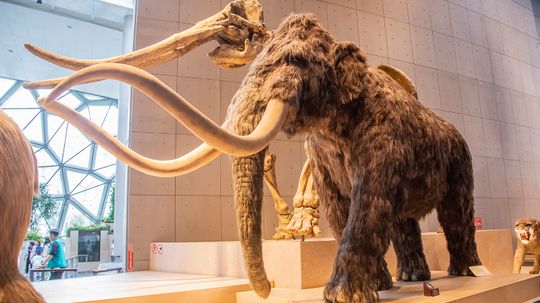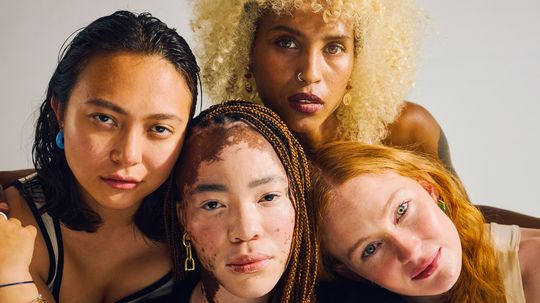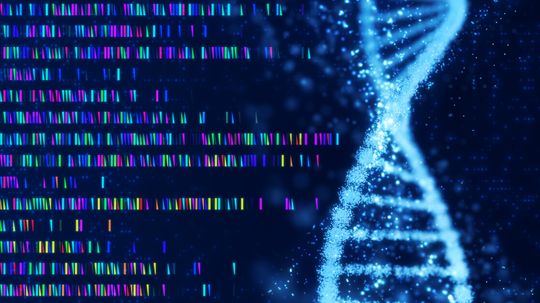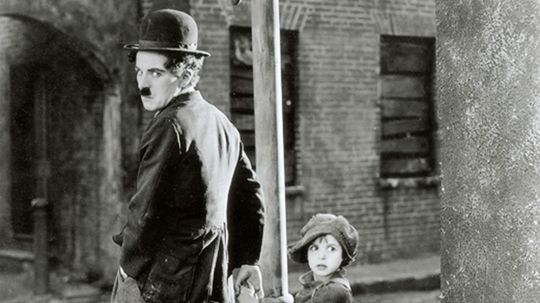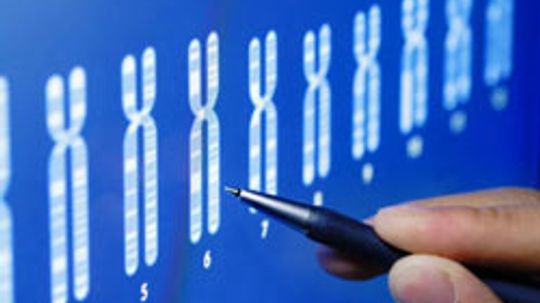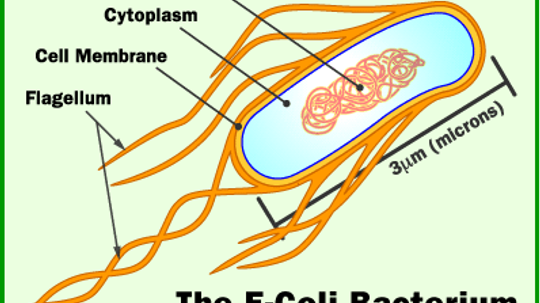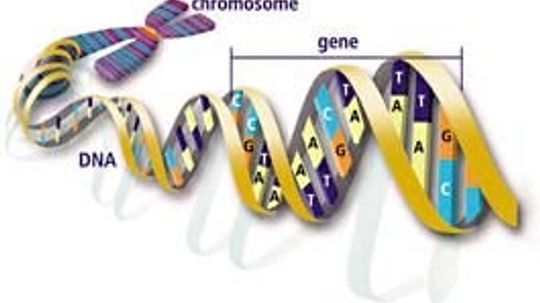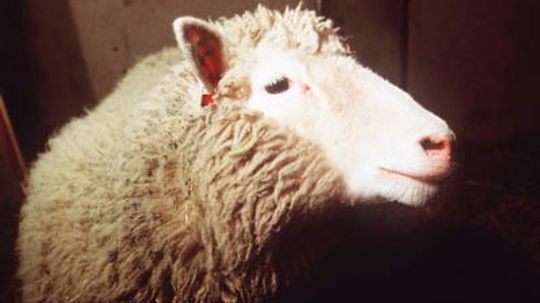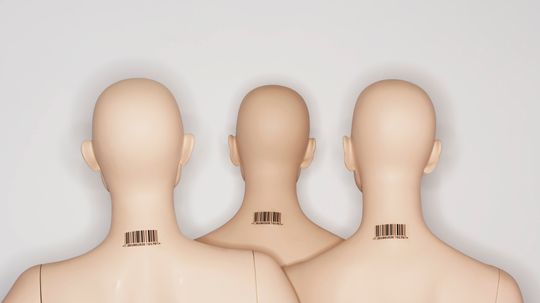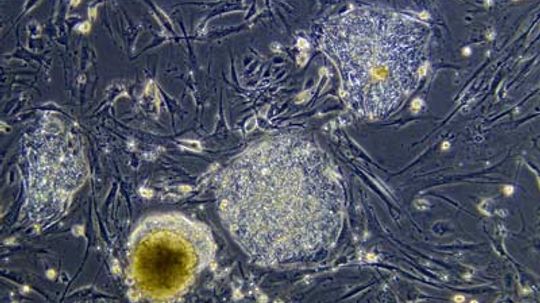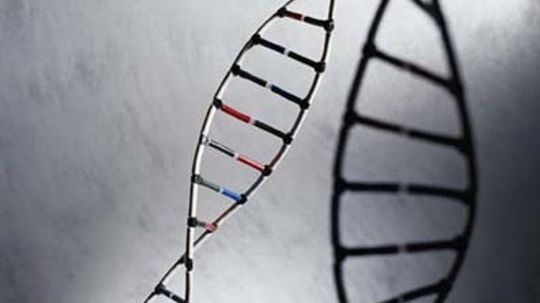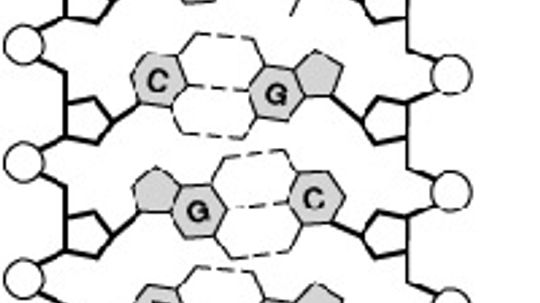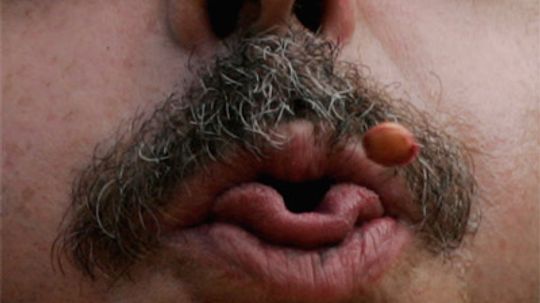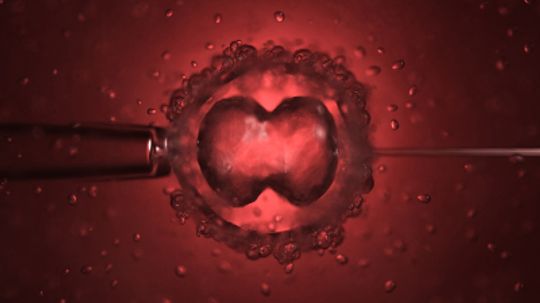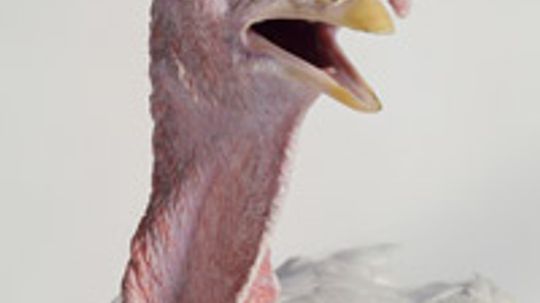Genetic Science
Genetics is the study of cellular science. It furthers our understanding of how DNA and the genetic make-up of species and can lead to cures for diseases and shape our future.
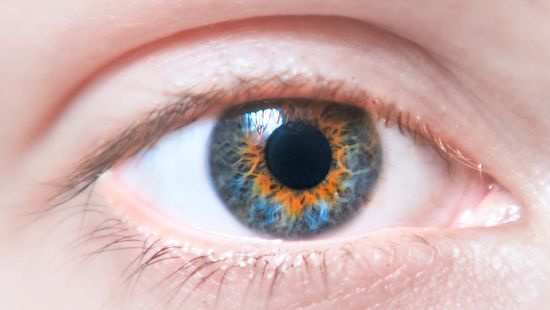
Central Heterochromia: When to Worry About Eye Color
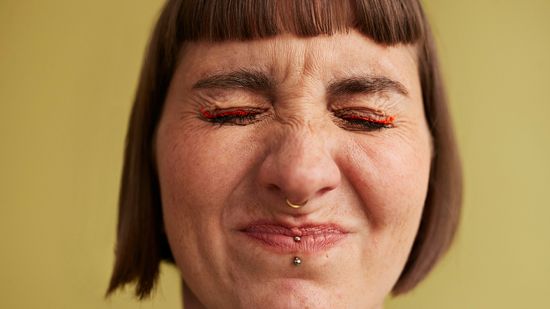
10 Types of Noses to Spot in a Crowd
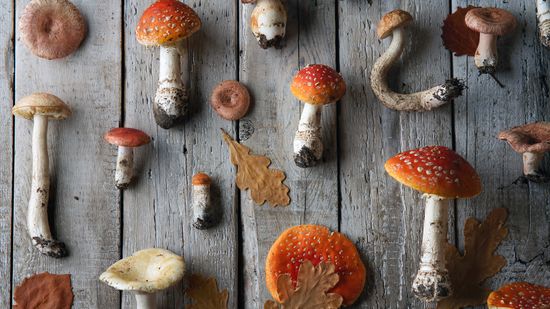
3 Major Types of Mushrooms: Edible, Wild and Poisonous

3 Types of Trees You'll Find All Over the Planet
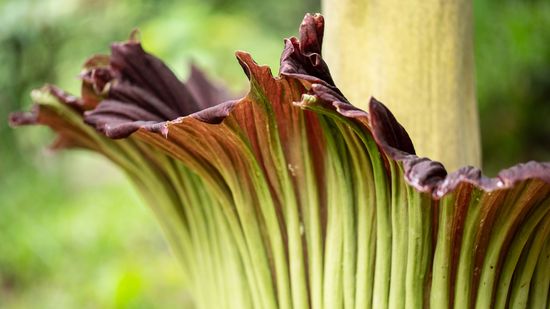
A Corpse Flower Can Grow Over 12 Feet (3.7 Meters) Tall
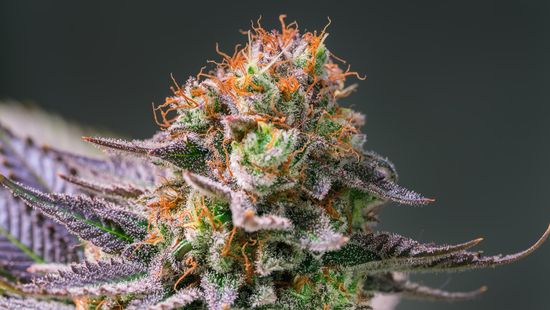
Indica vs. Sativa: How to Distinguish Between Cannabis Plants
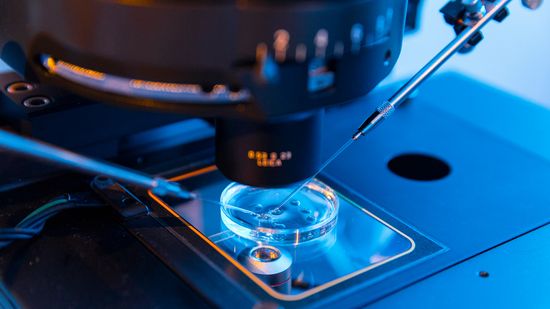
In Vivo vs. In Vitro Trials (and Why Combining Both Is Best)

Hypertonic vs. Hypotonic Solutions: Differences and Uses

Your Phone Is a Germ Factory, So Stop Taking It to the Toilet
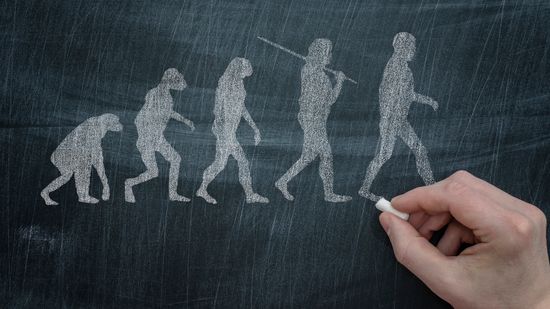
Neanderthal vs. Homo Sapien: Separate Species With Different Fates
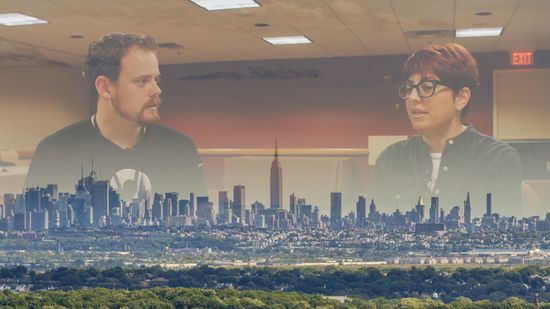
Howstuffworks Interviews: Extinction Level Events with Annalee Newitz
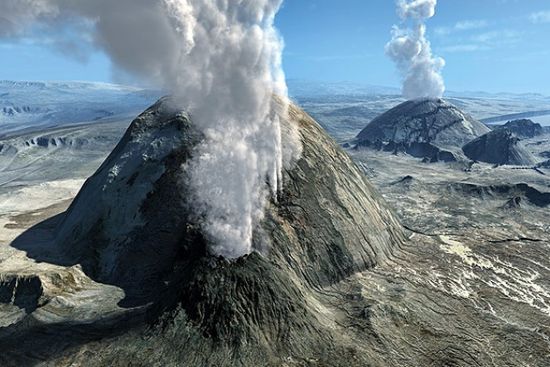
What will the Earth look like in 50,000 years?
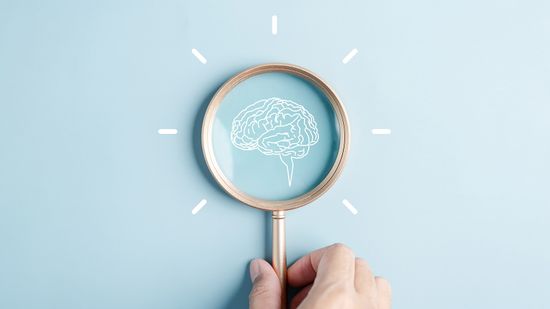
9 Types of Intelligence: The Many Ways to Expand Your Mind
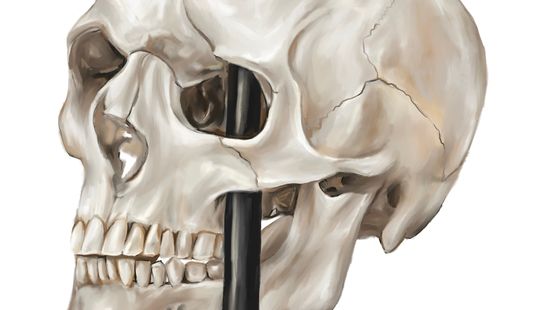
Phineas Gage and the Birth of Modern Neuroscience

Call of the Void: A Counterintuitive Form of Self-preservation
Learn More
The woolly mammoth: an iconic extinct species that once roamed the vast arctic tundra during the last ice age. These colossal creatures disappeared thousands of years ago, but now, scientists are working to bring them back.
By Zach Taras
A massive crossover of cultures and ethnicities often increases genetic variability as children inherit dominant traits from their parents. Each facial feature, skin color, and trait tells a story of people's origins.
By Mitch Ryan
Eye contact helps build trust and communication whether in business, friendships or romantic pursuits. Its importance in human socialization means that we're more likely to take note of eye color and wonder, "What is the most common eye color?"
By Talon Homer
Advertisement
If you're studying genetics, molecular biology or a related field, odds are good that you will need to learn how to read a codon chart (aka codon table) to better understand the genetic code.
By Marie Look
According to the Centers for Disease Control and Prevention, the average height in the United States is 5 feet, 9 inches (1.75 meters) for adult men and 5 feet, 3.5 inches (1.61 meters) for adult women. But some people can reach heights upwards of 7 or 8 feet (2.1 to 2.4 meters)!
By Sascha Bos
Before the widespread use of DNA, establishing the paternity of a child was a tricky business. Ever heard of the oscillophore?
By Dave Roos
After scientists announced the first draft of the human genome, people began to wonder how our new understanding of DNA would change life. Several research institutes stated the accomplishment would revolutionize science and modern medicine -- but how, exactly?
Advertisement
What's more fun than looking at pictures of DNA and celebrities? Check out Dolly, dimples and dominant and recessive traits in this fun gallery charting how genetics play out in humans (and a few animals).
How can children from the same parents look so different? I mean, why don't all kids from the same parents look exactly alike, since the parents just have one set of chromosomes each and they don't change?
Ever since I took biology in high school I have wondered -- why do humans (and plants and animals) have two of every gene, and why is one "dominant" and the other "recessive"? How does my body know which one is dominant? How does it pick between the
The physical you is a result of your DNA, and your DNA is part of the human gene pool. Find out what the "gene pool" really is and what happens when it shrinks.
Advertisement
Given the choice, would you rather have been born with a different eye color, hair color or skin tone? Of course, you didn't have these options, but could you have them for your own children?
By Kevin Bonsor & Julia Layton
The CBS drama "CSI: Crime Scene Investigation" routinely uses cutting-edge technology to solve crimes, including collecting and analyzing DNA evidence. But catching a criminal using DNA evidence is not quite as easy as "CSI" makes it seem.
Cloning is the process of making a genetically identical organism through nonsexual means. In this article, we will examine how cloning works and look at possible uses of this technology.
What is the difference between a hardwood and a softwood? How hard does a tree have to be to be considered hardwood?
Advertisement
With movie titles like "Attack of the Clones" and "The Clone Wars," it's no wonder human cloning makes us anxious. As scientists make startling discoveries cloning animals, are humans next?
By Kevin Bonsor & Cristen Conger
It sounds kind of great, right? Imagine everything you and yourself could get done. You'd be masters of the world -- wouldn't you?
By Robert Lamb
This week, a group of London-based scientists requested official permission to begin a three-year study involving stem cells derived from human-cow hybrids.
By Julia Layton
Hereditary illnesses are passed down from parents to their children like gene traits, and children might inherit a disease even though their parents never suffered from its symptoms. Learn about hereditary illnesses.
By Alvin Eden & Elizabeth Eden
Advertisement
Who hasn't fantasized about bigger biceps? Killer abs? A rear end you could bounce a quarter off? But would you tamper with your genes to achieve that buff body?
How would you like to be the person responsible for changing science and Western civilization? With the "Origin of Species," Charles Darwin did. How did this English gent become the reluctant ambassador of evolution?
By Robert Lamb
More than 50 years have passed since Watson and Crick untangled the structure of DNA and five years have elapsed since scientists finished sequencing the entire human genome. What have we figured out about our genetic material?
Doctors always want your blood, but one day, a health care professional may ask you to open up and say, "Ptooey!" Why? Your spit holds a mother lode of biological information.
Advertisement
Can humans live forever? No, but thanks to the discovery of the Hayflick limit, we know that cells can conceivably divide forever without dying.
By Josh Clark
That bowling ball of white meat in your oven is a far cry from its wild ancestors. How did a single breed of top-heavy, dim-witted birds come to dominate the turkey market?
